The recent report "Creating the Digital Commons" inspired me to look into the similarities between data and infrastructure governance. My preliminary conclusion: we need new sustainable paradigms!
Introduction
The digital commons are a form of commons involving the distribution and communal ownership of informational resources and technology. Examples include wikis, open-source software, and open-source licensing.
The distinction between digital commons and other digital resources is that the community of people building them can intervene in the governance of their interaction processes and of their shared resources.
In my opinion, Internet governance has similarities with governing the commons; and after reading this article I found several parallels between the data commons and Internet-infrastructure-as-commons.
Report: "Creating the Digital Commons"
On 6 August 2020, the Institute for Public Policy Research in the UK published an article, describing its report, which highlighted the importance of participatory governance in light of the pandemic:
"There are two major routes through which COVID-19 has accelerated the growth of the data economy.The first [...] is in the imposition of social distancing measures, most dramatically in the form of lockdowns and stay-at-home orders, which have seen an extraordinary transfer of activity online. [...] The other element of the increase in data use is the expansion of medical monitoring in the wake of the pandemic [...] contact-tracing software [...] [and] data gathered from existing sources including mobile phone use, card payments and social media access [...]. As the world emerges from the first phase of the pandemic, the demands for a socially just and sustainable recovery have grown."
Data Commons Challenges and Solutions
The report states the following problems:
- Growth of data economy
- Centralisation of power in commercial platforms
- Loss of agency, privacy and sovereignty over personal data
- Threat to public data
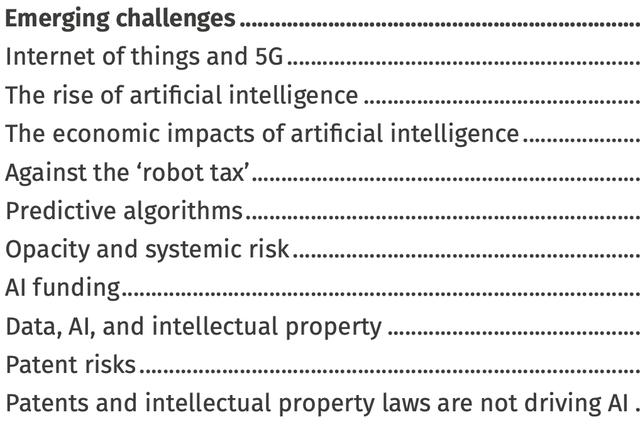
Screenshot from the Table of contents of the IPPR report
Many of the "emerging" challenges listed here have been topics of presentations at recent RIPE meetings, for instance at the Cooperation Working Group and the IoT Working Group, as well as plenary sessions. Therefore, this report might be of interest to the RIPE community.
You can download the full report as a pdf.
Report Recommendations
The report also suggests some solutions:
- Building and strengthening the digital commons: local and regional action at the forefront
- Local authorities: use of data for local public good
- Open data should be a standard at a local level
- Common ownership of digital technologies and spaces
- Commit resources to ensuring infrastructure is under local and democratic control
In addition to those local and individual initiatives, the report makes recommendations for the governments and regulators:
- Creating an Office for the Digital Commons
- Weaken patent enforcement and support open source
- Common ownership of digital technologies and spaces
- Data trusts to steward data use
Governance of IP Numbers as Commons
In 2018, we participated in the Re:Publica conference in Berlin, which invited the audience to engage in the processes of Internet governance, where we identified similar challenges:
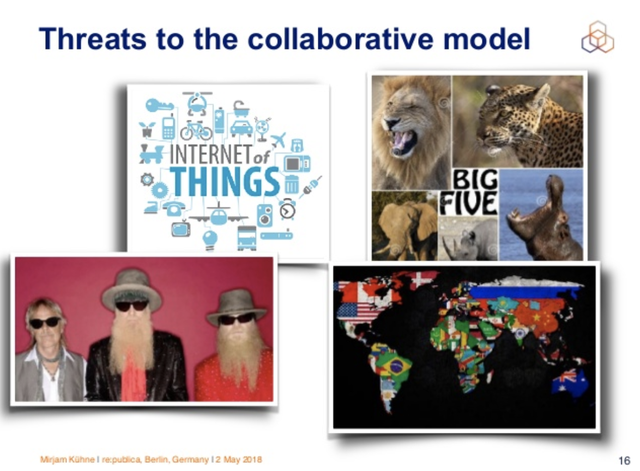
The slide above shows some of the possible impediments to the commons/collaborative approach to Internet governance:
- New protocols that are not based on open standards (e.g. for connecting IoT devices)
- Centralisation of infrastructure, with "big five" - without actually naming them ;-)
- The "greying" of the community, and the lack of diversity (old, white, men with beards...)
- The "fragmentation" of Internet access along national borders, with increased influence of countries regulations, as opposed to the "Internet knows no borders" early principles of the development and growth of the Internet
You can view or download the presentation slides here.
At that time, we promoted the existing governance practices within the "numbers and protocols" communities (such as RIPE and IETF), that are aligned with the commons principles:
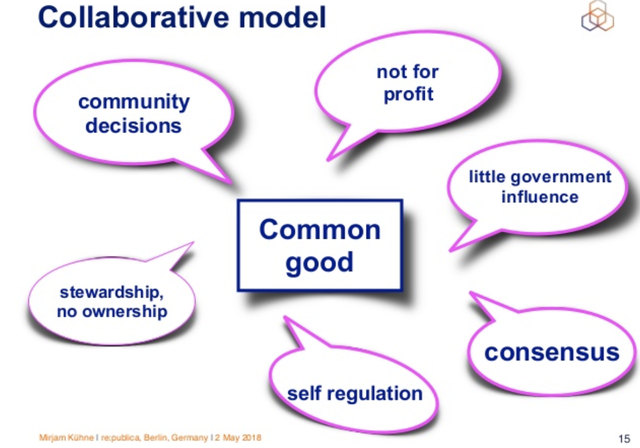
In the slide above, we illustrated the overlap of the principles of the RIPE community for the stewardship of IP addresses, and governing the commons (according to Elenor Ostrom). I've mapped some of these parallels in the table below:
| Digital Commons Governance | RIPE Community Governance |
| Match rules governing use of common goods to local needs and conditions. | Local Internet Registries |
| Ensure that those affected by the rules can participate in modifying the rules. | Policy Development Process |
| Make sure the rule-making rights of community members are respected by outside authorities. | Cooperation-WG |
| Provide accessible, low-cost means for dispute resolution. | Arbitration Procedure |
You can find links to all of those elements of RIPE Community governance at https://ripe.net/ripe
Sustainability Paradoxes
In the section about "Energy Use and Environmental Impacts", the report praises the "big five" for making the (cloud) data storage more energy efficient - while the rest of the report criticises the "big five" on various other aspects: consolidation of power which leads to monopolistic impact on the digital markets; no respect for user privacy; avoiding taxes which in turn introduces a minor paradox between consolidation and freedom or the ability to act.
These kind of minor paradoxes or trade-offs are familiar to the RIPE community from having to balance two conflicting goals when distributing limited resources such as IP addresses: the goals of aggregation (reachability) and conservation (fairness). Within the RIPE community we tried to resolve this conflict based on principles of open and equal participation, common good and transparency. These principles and (conflicting) goals are reflected in the current IPv6 Address Allocation and Assignment Policy (ripe-738).
If we scale this up to the planetary level: energy and materials for digital devices and networking are also a limited resource. Energy should be conserved, while at the same time, the need for connecting more users requires the growth of networks. This forms another trade-off.
Reduction in energy and material use is only possible if we, as users, engineers and decision makers, collectively act on prioritising the good of the planet over the good of the Internet. This is a major paradox, and we might need a new generation of participants to find a way to deal with this challenge.
Or it might take the efforts of the whole of the United Nations (see UN sustainability goals)

Conclusions
Network operators within the RIPE community are facing similar challenges as other participants in the digital economy, and can benefit from closer cooperation with groups and communities as varied as: local governments, medical data providers, digital rights academics, open data researchers, sustainability activists, and other civil society groups.
If we want to address both, the health of the Internet and the health of the planet, we need new paradigms and new approaches. This means both, appealing to the minds and hearts of current participants, and attracting new participants.
Please let me know in the comments if you have suggestions on how to do that!

Image credit: https://clondarrig.com/2019/11/30/building-the-new/

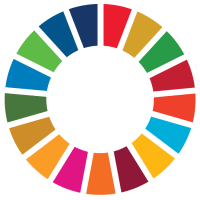

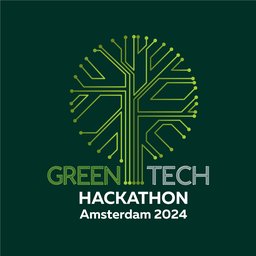
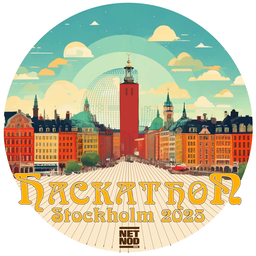
Comments 1
The comments section is closed for articles published more than a year ago. If you'd like to inform us of any issues, please contact us.
Michael Oghia •
Excellent post Vesna, and I particularly like the comparisons you made between digital commons governance and RIPE community governance (I hadn't thought of it that way).